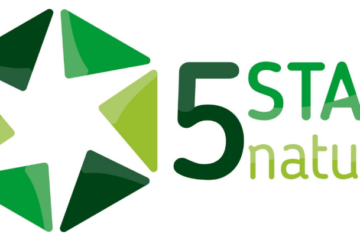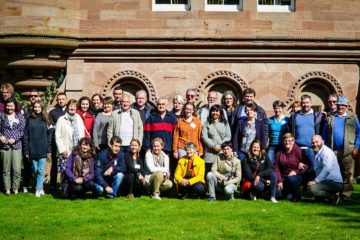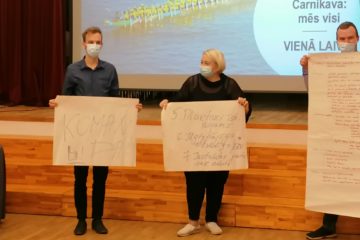Végét’Alpes
Project n°6
INTRODUCTION
The VÉGÉT’ALPES cooperation project aims to structure the agricultural sector for perfume, aromatic and medicinal plants (PPAM). It brings together a local development agency, an association of organic farmers, a processing company and a university in a Research and Development initiative on the scale of a French department.
PRESENTATION OF THE PROJECT
The VEGET’ALPES project involves 4 LAGs and covers the whole of the Hautes Alpes département. It is led by the Economic Development and Tourism Agency (ADDET 05) and AGRIBIO 05 (an association of organic producers). The Acanthis laboratory and Grenoble-Alpes University, through its botanical garden at the altitude of Le Lautaret, are also involved.
This cooperative project will bring together complementary skills to build a solid, integrated network around PPAM, capable of responding to current economic challenges and future climate change. The project initiates strong actions throughout the sector, from technical and economic support for producers, scientific knowledge and processing, to marketing and promotion at national and international level.
The project brings together expertise from the worlds of agriculture, academia and business:
– botanists and agronomists to identify and cultivate plants that can be used and adapted to climate change;
– plant processors to innovate in extraction and distillation techniques;
– project managers to understand viable economic markets and establish a reputation for the Hautes-Alpes PPAM sector.
Around the 4 partners in the VEGET’ALPES project, a network of around a hundred players has been set up, bringing together researchers, producers, gatherers, herbalists, processors, distributors and public institutions in a collective dynamic.
PRINCIPAL OBJECTIVES
– Identify value-creating species, to be confirmed and prioritised, in the cosmetics, food supplements, perfumery, etc. markets;
– Cultivate and monitor cultivation itineraries at producers and experimental sites;
– Identify a viable economic model for producers and industrialists in order to organise short supply circuits, creating value for Hautes-Alpes companies;
– Determine plant processing, conservation and valorisation processes. These investments will enable all the region’s players to offer diversified products from the Hautes-Alpes PPAM sector;
– Identify the growing conditions most favourable to the production of molecules of interest by the plant (environmental conditions, altitudinal conditions, harvesting period, etc.).
– Develop a comprehensive package of support for the development of the industry: experimental agricultural plots, identification of available land, local investment in processing, public policy incentives, financial engineering, promotion, etc.
THE ADDED VALUE OF THE PROJECT
The perfume, aromatic and medicinal plant (PPAM) sector is highly diversified, both in terms of production and uses: food, perfumery, cosmetics, pharmaceuticals, food supplements, veterinary, etc. It is a sector that plays a role in the region’s economic balance through positive externalities (tourism, beekeeping, etc.), with a strong impact in mountain areas where these crops enable people to make a living from their production. This production is also unique in that it has a strong local identity, and this ‘popular pharmacopoeia’ is recognised as a genuine intangible heritage by the French Ministry of Culture.
The industry in the Hautes-Alpes represents 100 companies, 150 direct jobs (not including seasonal harvesting), 400 hectares of crops and sales of over €10 million. PPAMs account for a significant proportion of certified organic acreage.
VEGET’ALPES is a large-scale project in terms of its geographical scope, its cooperative nature, and the impact it is seeking to have on an entire innovative agro-industrial sector. The project aims to develop local synergies in response to both local and global issues. Given the multifaceted and multi-actor dimension of the development of the PPAM, this unprecedented cooperation project has been rolled out across 4 LAG territories to ensure it is effective and relevant: Sisteronais-Buëch, Gapençais, Serre-Ponçon-Ubaye-Durance and Grand Briançonnais. The 4 LAGs have provided combined support in terms of engineering, guidance and financial resources. These essential conditions have enabled each component to become stronger and more skilled.
– On-site technical monitoring of agricultural crops has been combined with training, work on regulations and the drafting of technical documents to support future installations;
– Laboratory work with Grenoble-Alpes University and the Jardin du Lautaret has made it possible to study the physico-chemical and biological qualities of numerous endemic plants, constituting a substantial database with potential for future development;
– The Acanthis Laboratoire company has been able to invest in a new, modern distillation unit to diversify the range of plant processing and ensure better outlets.
– The Agence de Développement des Hautes-Alpes has taken on the role of lead partner to ensure that all the players involved work together upstream and downstream, exploring opportunities on the European and global markets, against a backdrop of strong growth in demand for ‘Made in France’ organic products.
Thanks to the VEGET’ALPES project, knowledge of the players in the sector and the resulting mutual recognition are now making it possible to secure the sector, move towards short-distance supply and encourage conversion to organic farming. The technical and methodological results obtained are intended to be disseminated and spread to improve knowledge of mountain PPAM and establish the reputation of the Hautes-Alpes in this field.
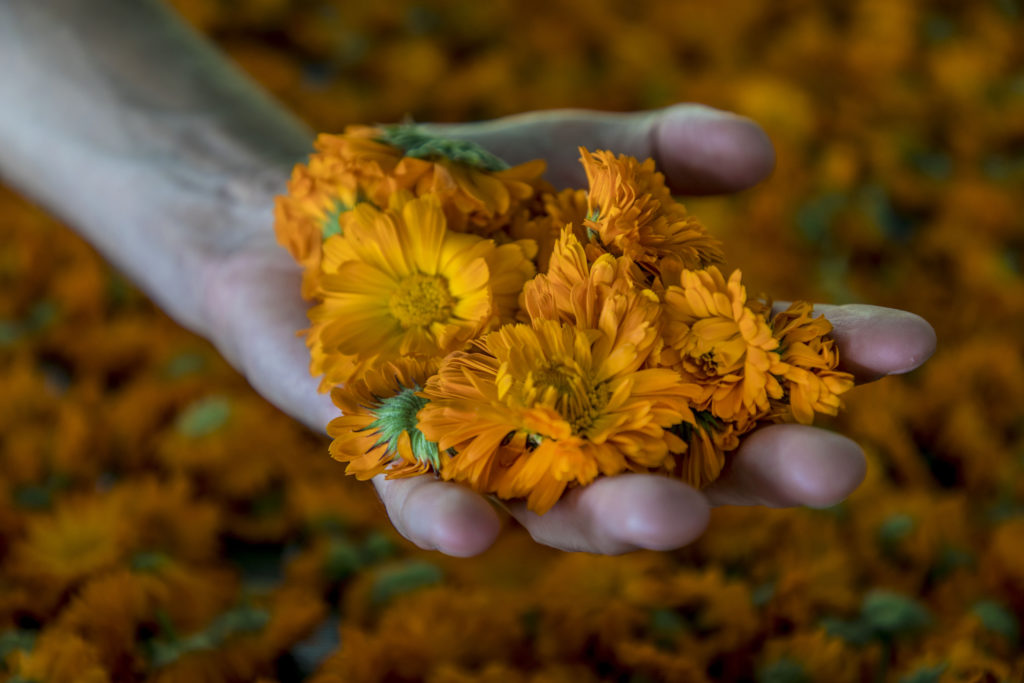
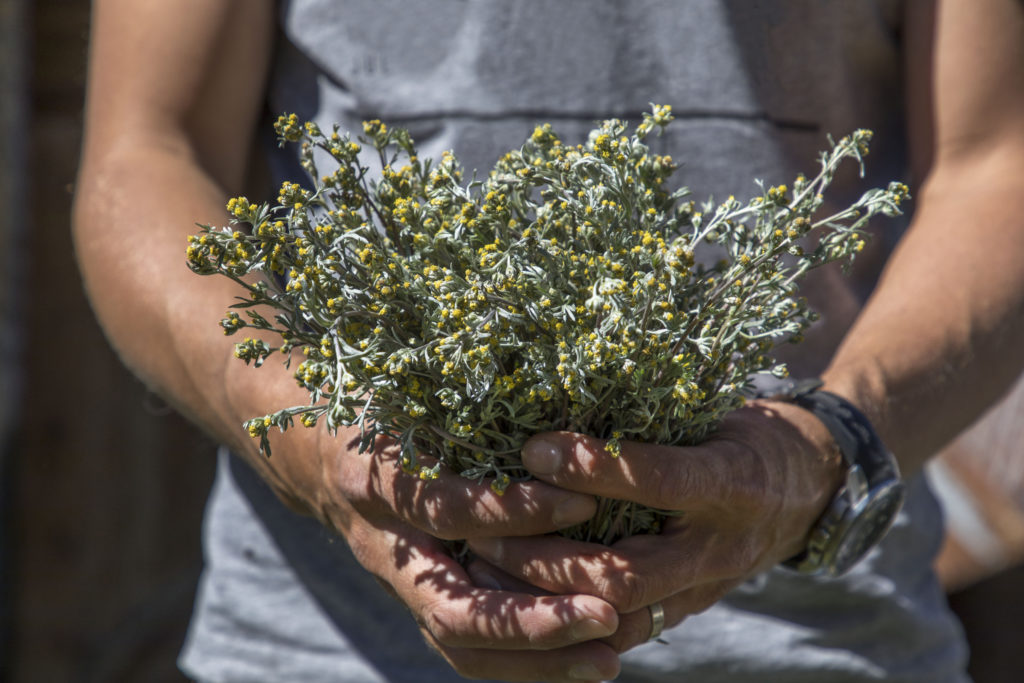
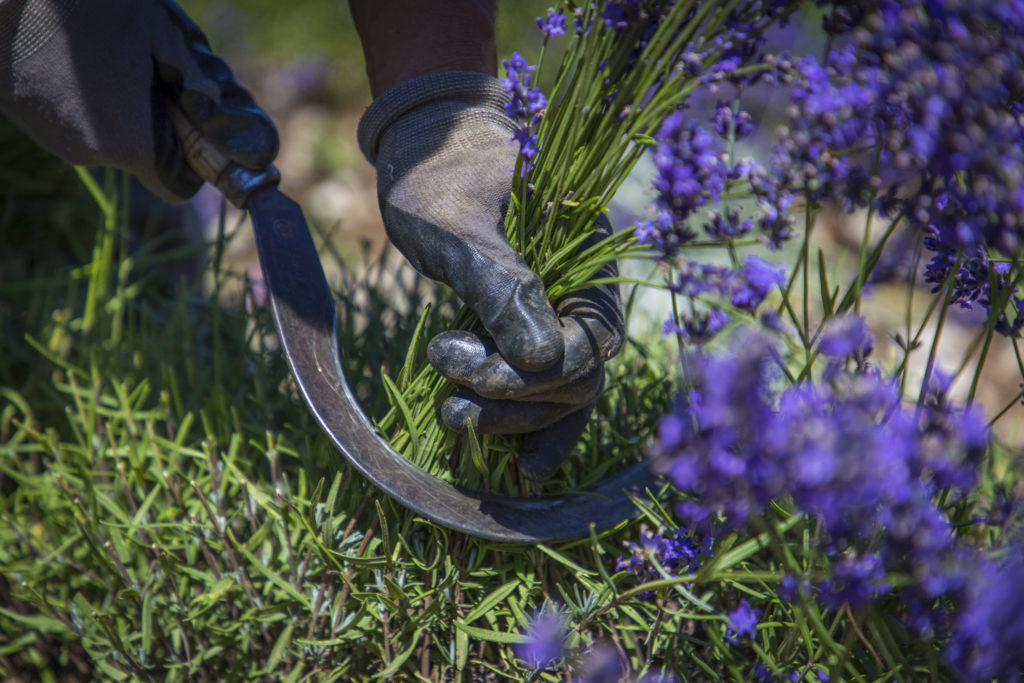
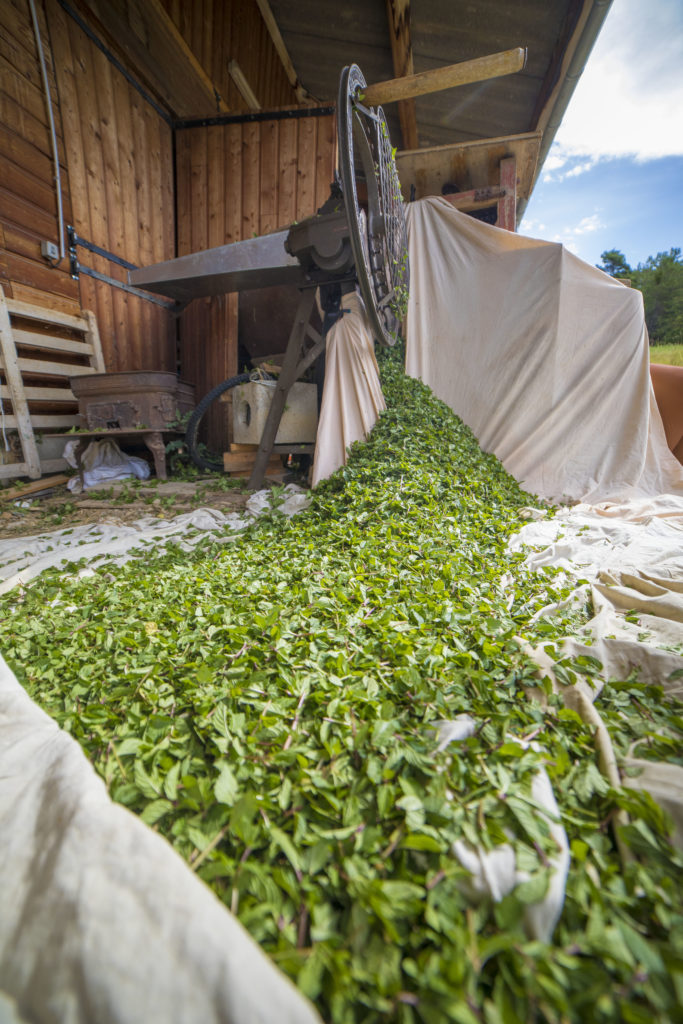
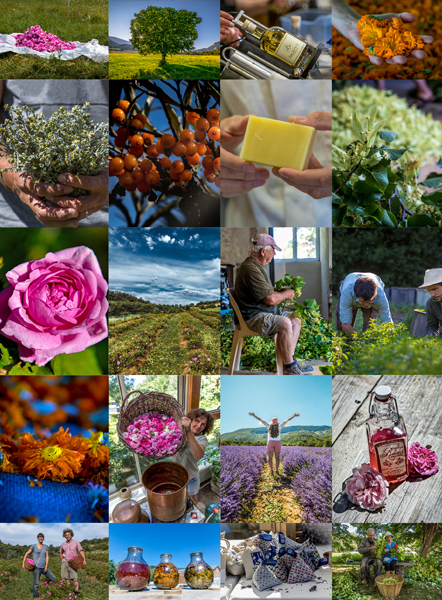
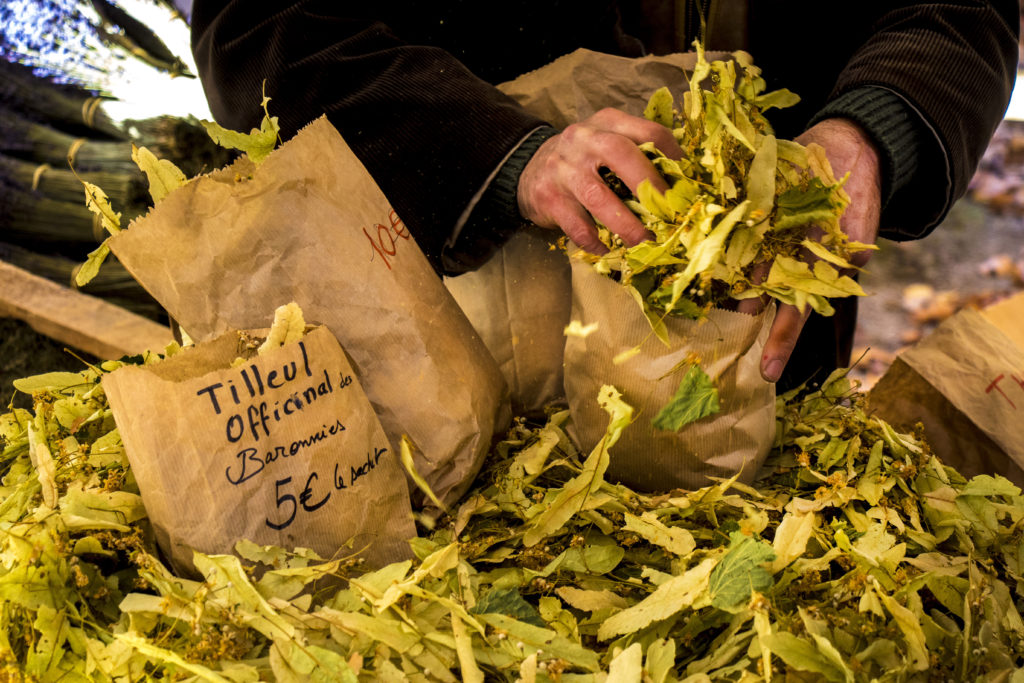
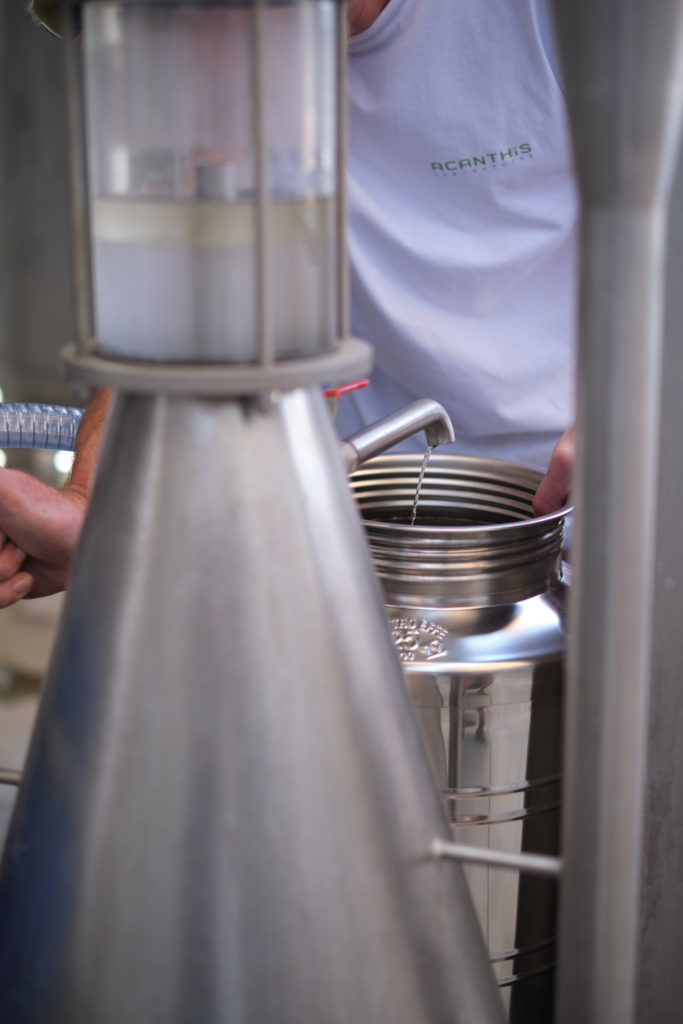
https://drive.google.com/file/d/1QFpp62T2GN9iydo34XefLbRiZfvuzUzi/view?usp=sharing
